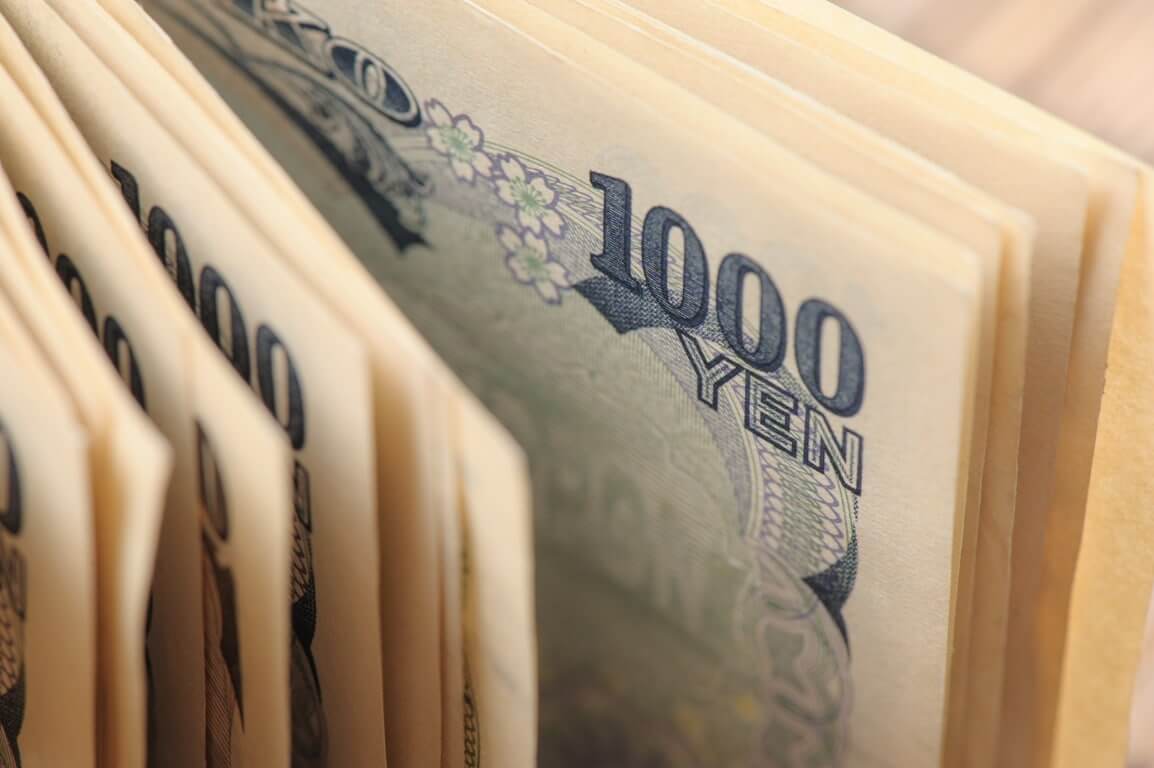
U.S. dollar remained firm on Monday. How is yen trading?
The greenback strengthened today. The dollar index rallied by 0.078% at 103.07 against the basket of six major currencies. It also added 0.5% on Friday due to the risk-off market sentiment. Shares of Deutsche Bank plummeted by almost 9% that day, bolstering fears about the global banking system. The dollar usually benefits from such a mood due to its safe-haven status.
The Japanese yen is also a safe-haven currency. Thanks to that, it skyrocketed almost to the seven-week high. Traders digested the moves by the governments and regulators as the latter attempted to defuse tension in the markets and ensure trade participants that the global banking system remained strong.
Still, global banking stocks suffered greatly over March, especially after two U.S. lenders collapsed suddenly. Swiss bank Credit Suisse was also on the brink of bankruptcy, but another bank stepped in to rescue it. The authorities also tried to alleviate investors’ fears.
Marc Chandler, the chief market strategist at Bannockburn Global Forex, noted that thus far, pragmatic action by governments, central banks, and the private sector hasn’t been sufficient to restore traders’ confidence.
First Citizens BancShares Inc will acquire all of Silicon Valley Bank’s loans and deposits from the regulator. The Federal Deposit Insurance Corporation announced it on Monday. Silicon Valley Bank is one of the regional banks that failed in the United States, causing so much uproar in the markets. This news somewhat calmed the customers, fearing that they would lose their money.
Moreover, on Friday, the U.S. Financial Stability Oversight Council stated the banking system in the United States remained “sound and resilient,” adding that while some institutions faced some struggles, the overall picture was satisfactory. Despite that, traders were wary.
The Japanese yen hit a seven-week peak recently.
The safe-haven yen jumped to a seven-week high, exchanging hands at 129.65 per USD on Friday. Overall, it surged forward by almost 4% in March. The yen traded at 130.75 today.
Meanwhile, the common currency soared by 0.05% to $1.0764 during this session. However, the euro shaved off 0.6% on Friday. The British pound traded at $1.2235. It added 0.05% on the day after plummeting by 0.5% on Friday.
In Asia, the Australian dollar rallied by 0.09% to $0.665 despite that risk-off mood. The New Zealand dollar surged forward by 0.03% at $0.620.
On Wednesday, the U.S. Federal Reserve delivered 25 basis points raise. Analysts expected such an outcome, especially after the banking problems. Some of them predicted that the Fed might avoid hiking at all, but that wasn’t the case. Inflation is still high, and the Fed needs higher rates to hinder its growth. However, the agency contemplates pausing tightening in the coming months if the banking sector turmoil continues. Fed Chair Jerome Powell also stated that the central bank would deliver further rate hikes if necessary.
CME FedWatch tool showed that there is more than an 80% chance of the central bank standing pat on further tightening in May. However, traders expect a rate cut in July. Chandler noted that despite Powell’s attempt to maintain hawkish rhetoric, the Fed funds futures are pricing in dovish policy in the coming months.
How are the EM currencies faring?
Emerging Asian currencies started this week in the bearish territory. The firm greenback weighed on them. Germany’s largest bank struggled, its shares tumbling low. This news reignited fears of a global banking crisis.
On Monday, Thailand’s baht dropped by 0.3%, losing the most in the region. The Philippines peso also plunged by 0.2% after surging by approximately 0.7% last week. Moreover, the South Korean won decreased, along with Singapore’s dollar. Indonesian rupiah shaved off 0.2%, as well, suffering its second consecutive session of losses.
Josh Gilbert, a market analyst for eToro, noted that traders remain cautious about the current banking sector’s situation. Thus, risk-off sentiment is strong in markets. He added that the bank issues overseas shouldn’t affect Asia much. Thus, it will have a limited impact on emerging market currencies. Besides, Asian banks are considerably more diverse. They have different business models, as well as different risk profiles.
Investors are currently focusing on the Bank of Thailand. They expect it to hike interest rates by 25 basis points this week. That would be its fifth straight rate increase. After this hike, the bank will likely maintain its policy rate steady until 2024.




